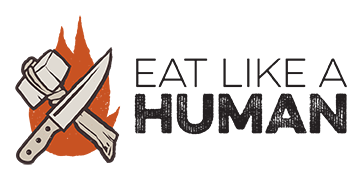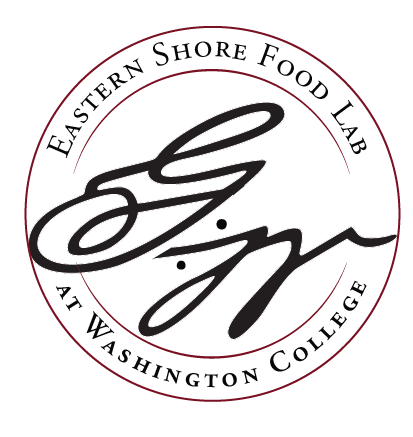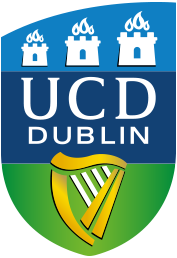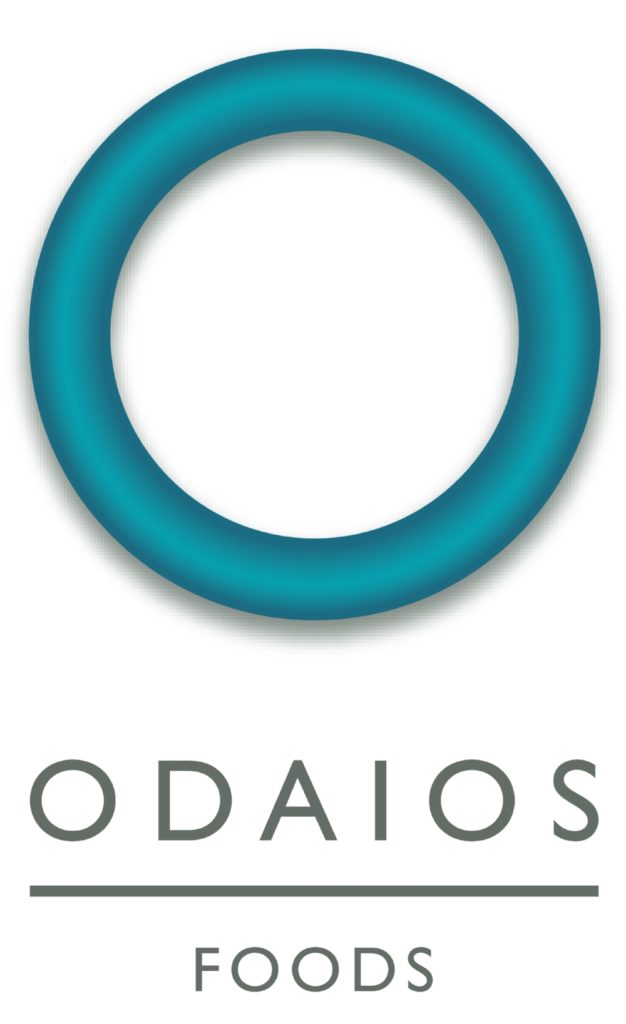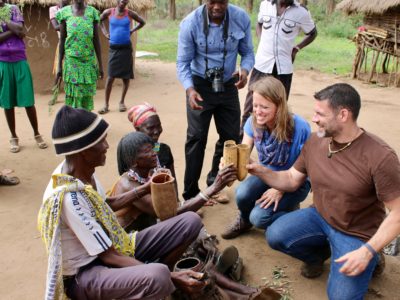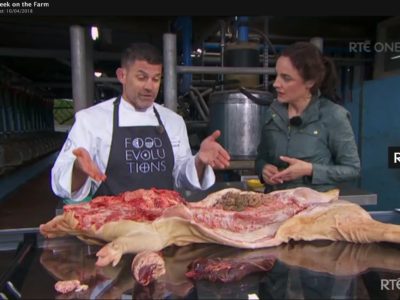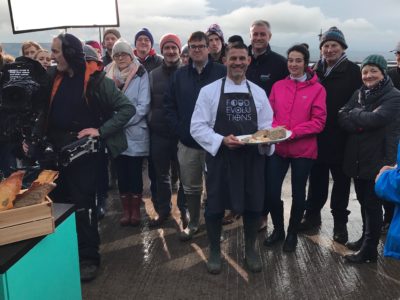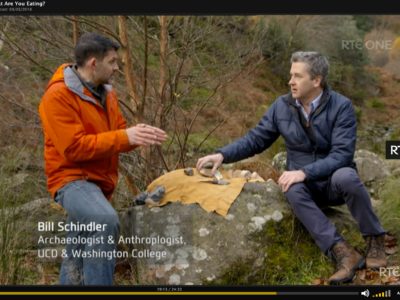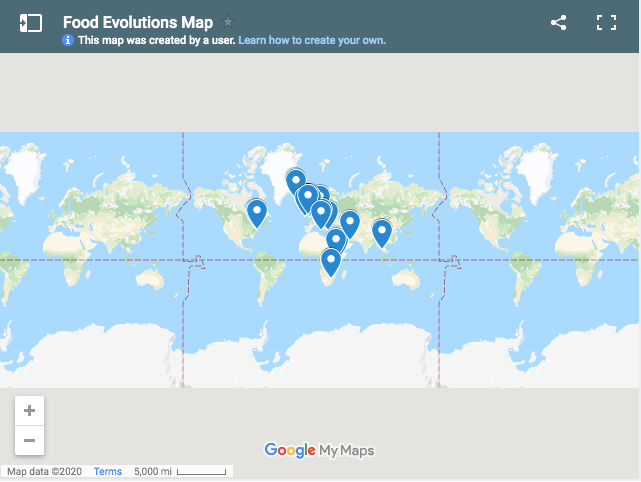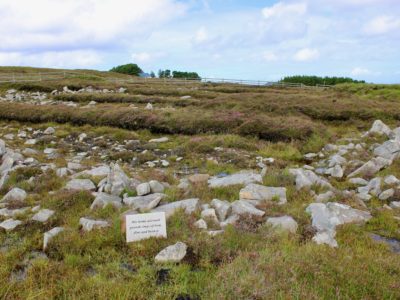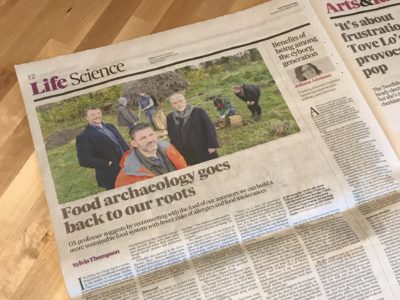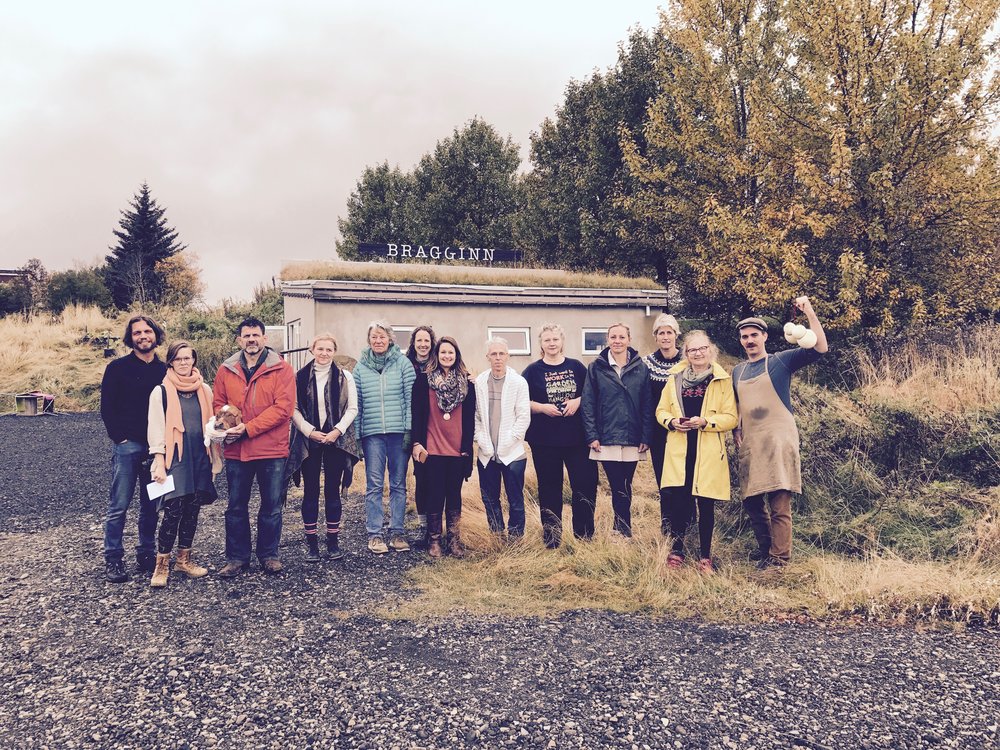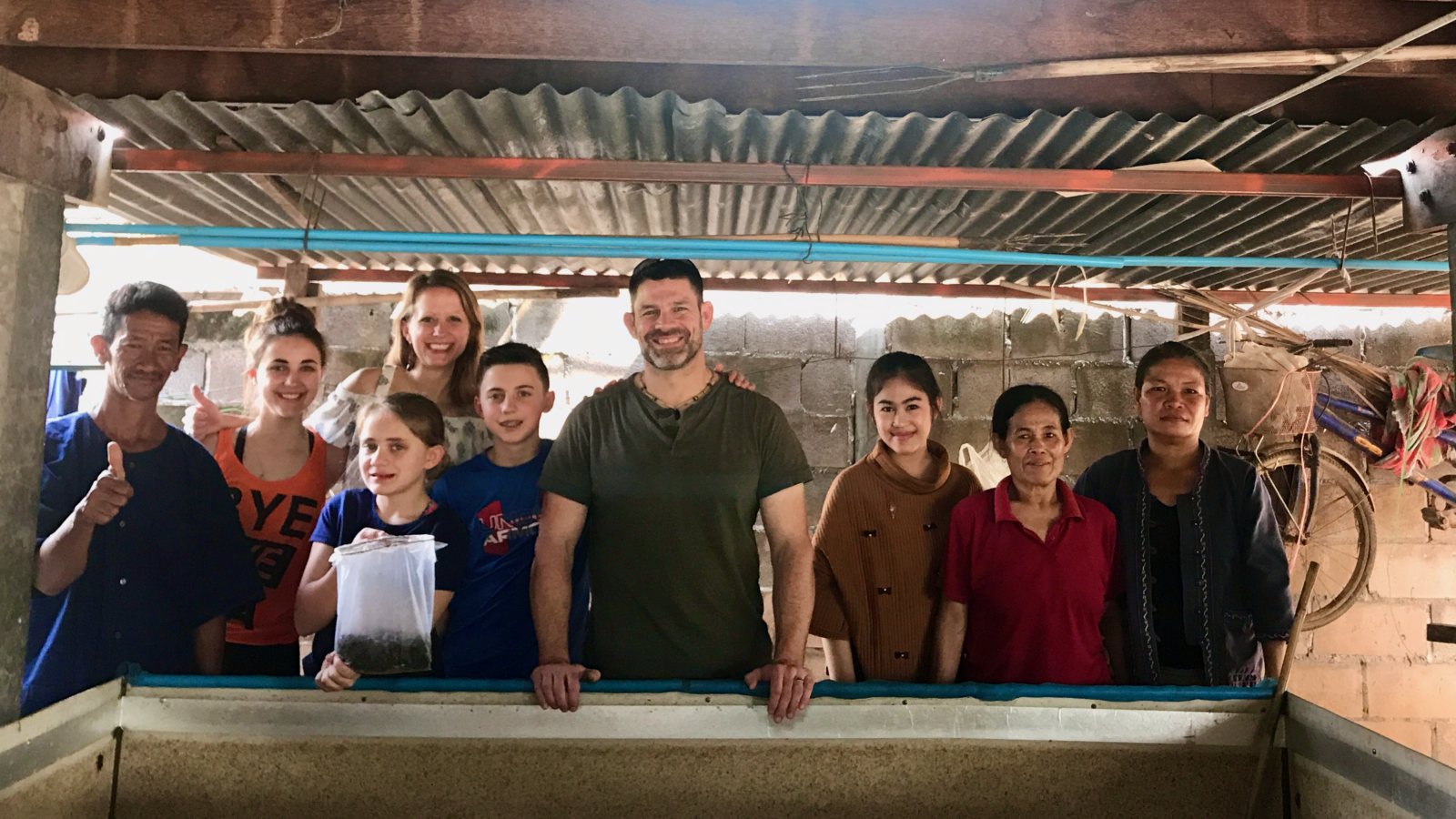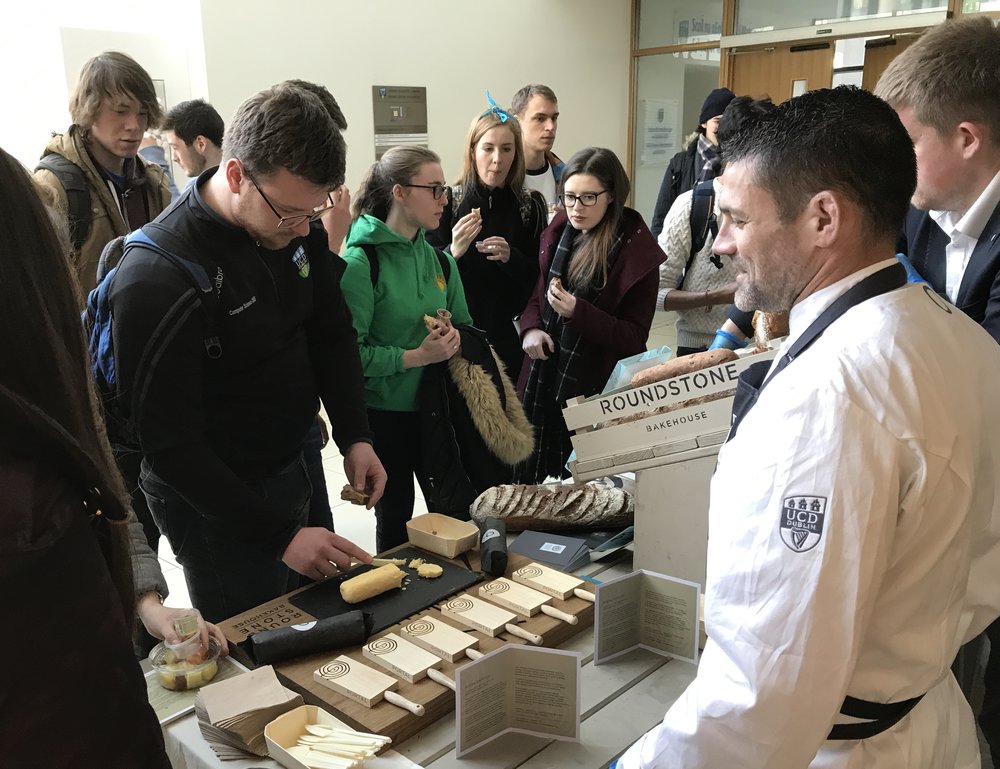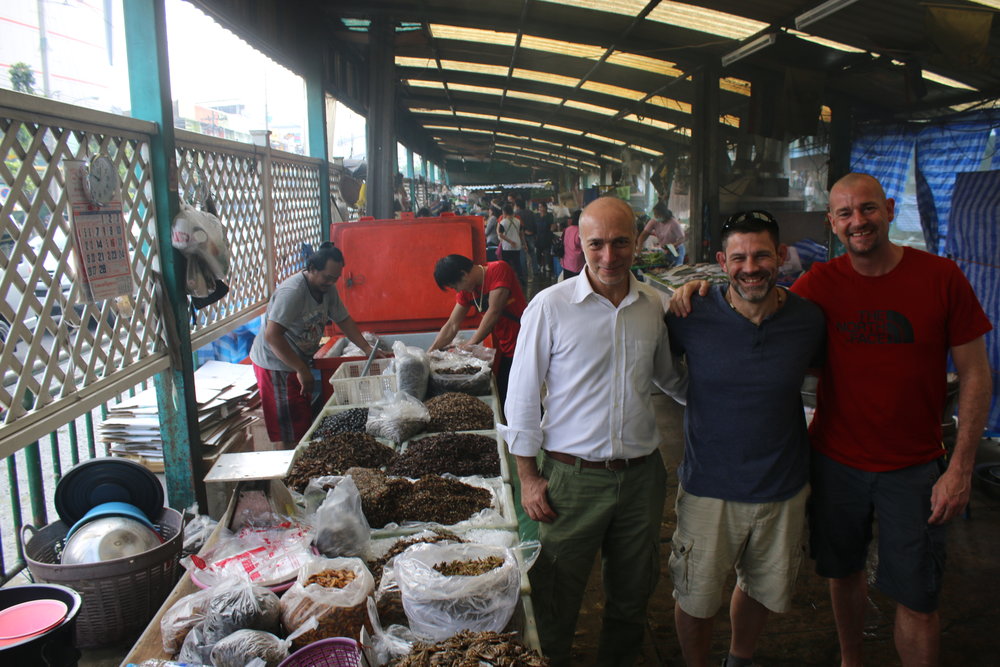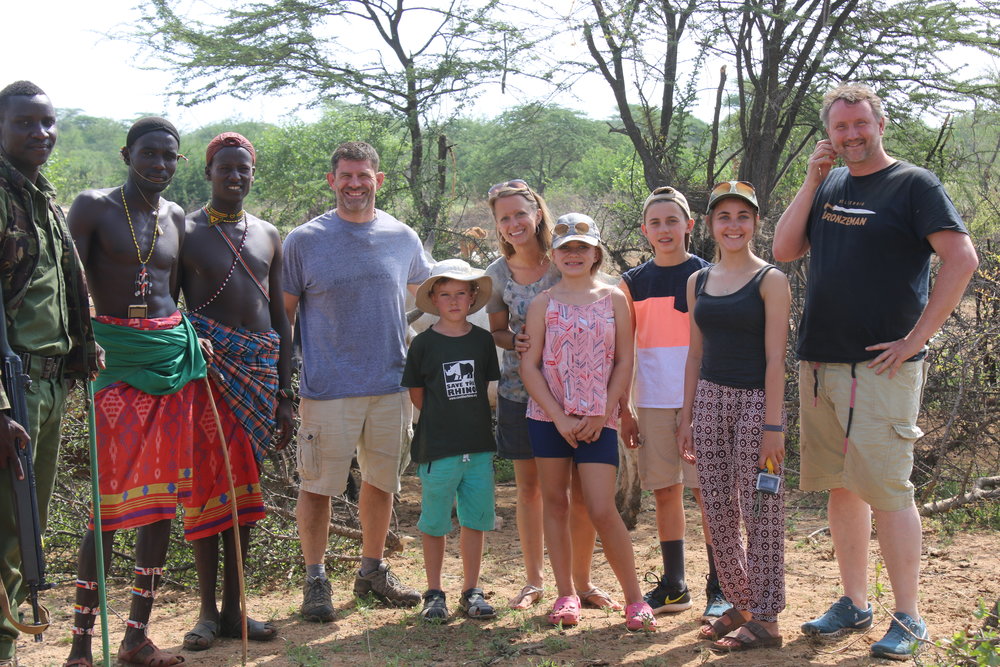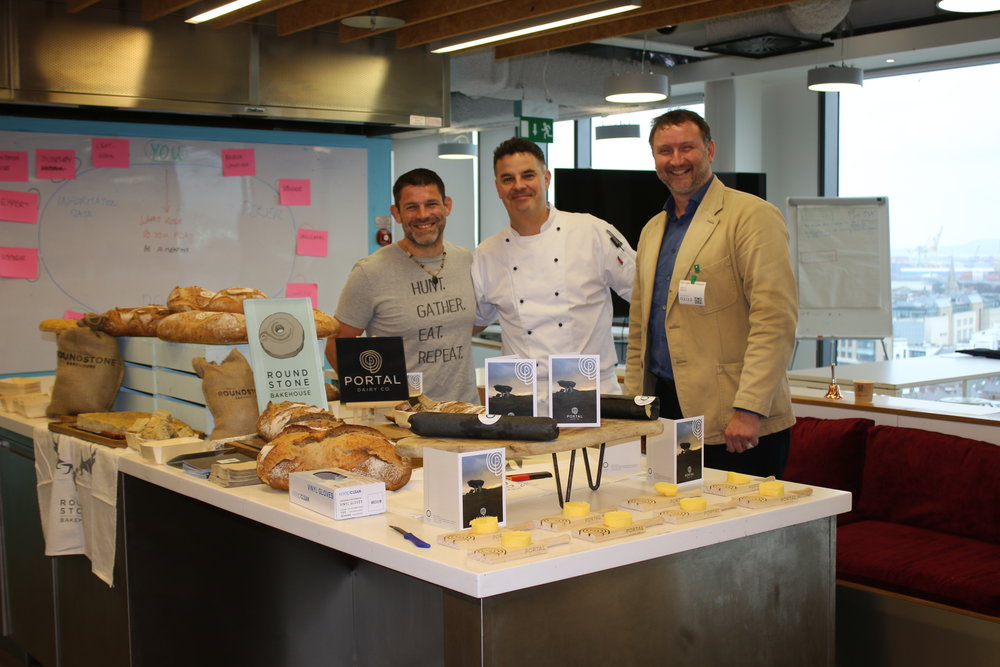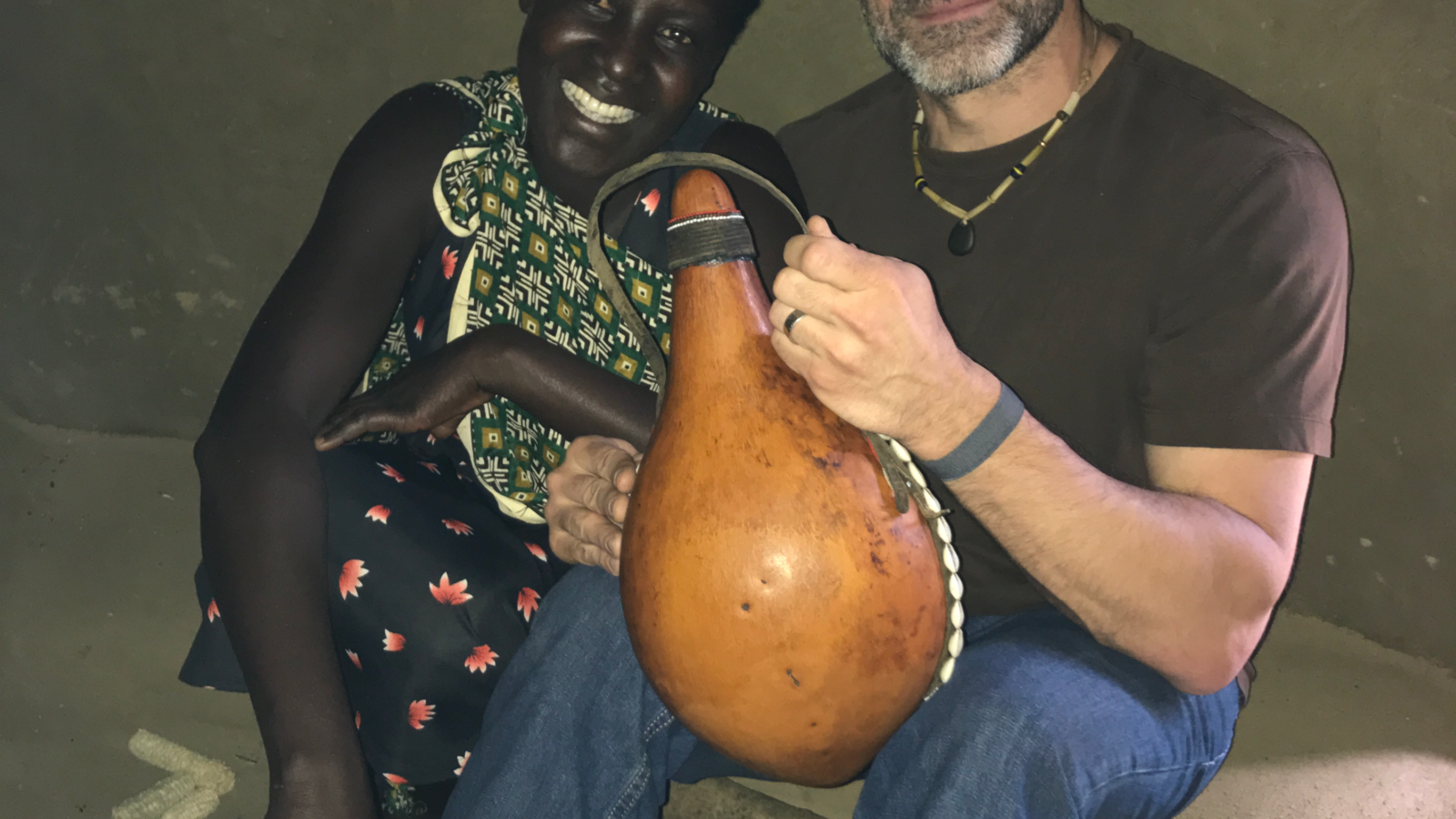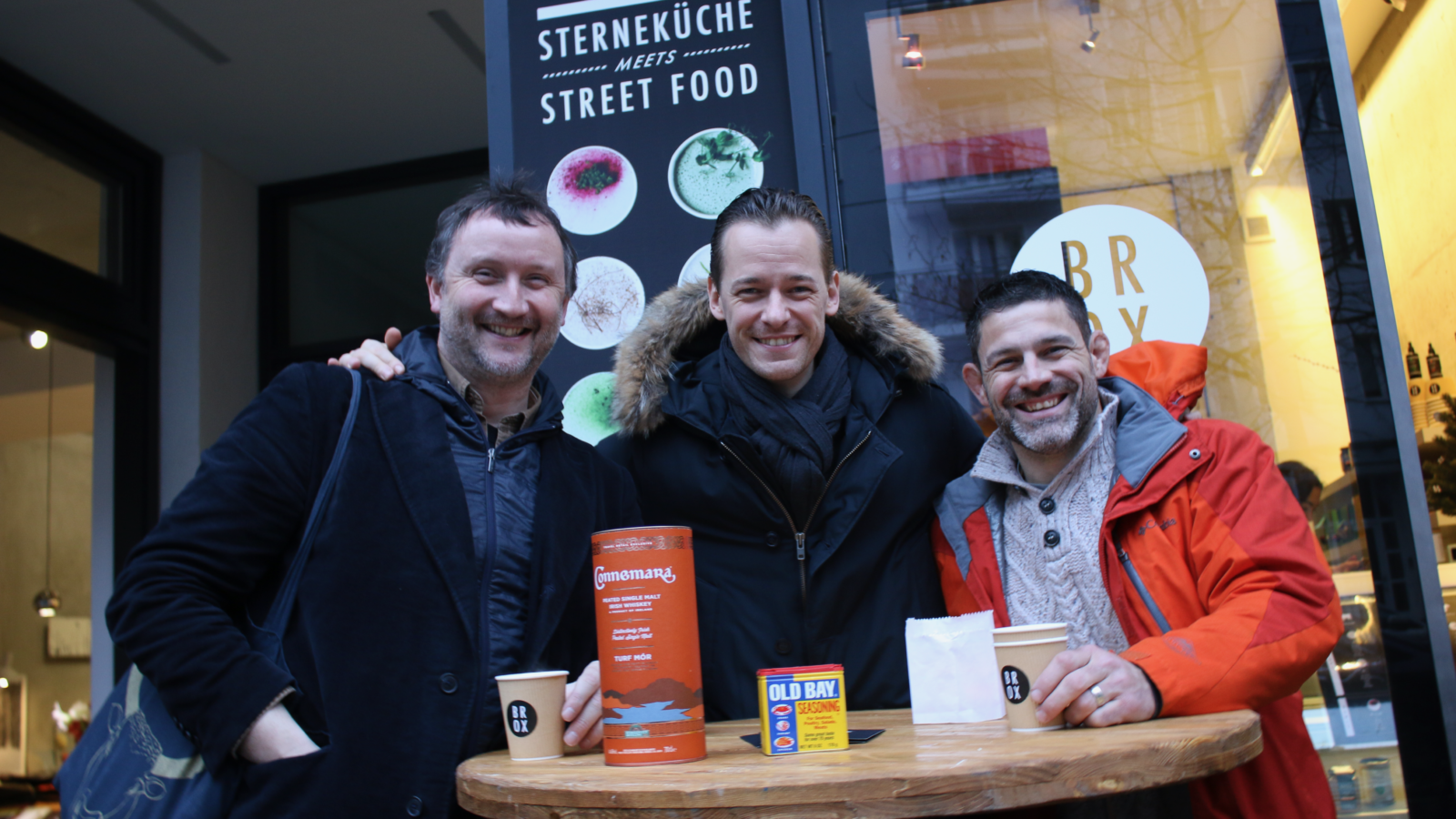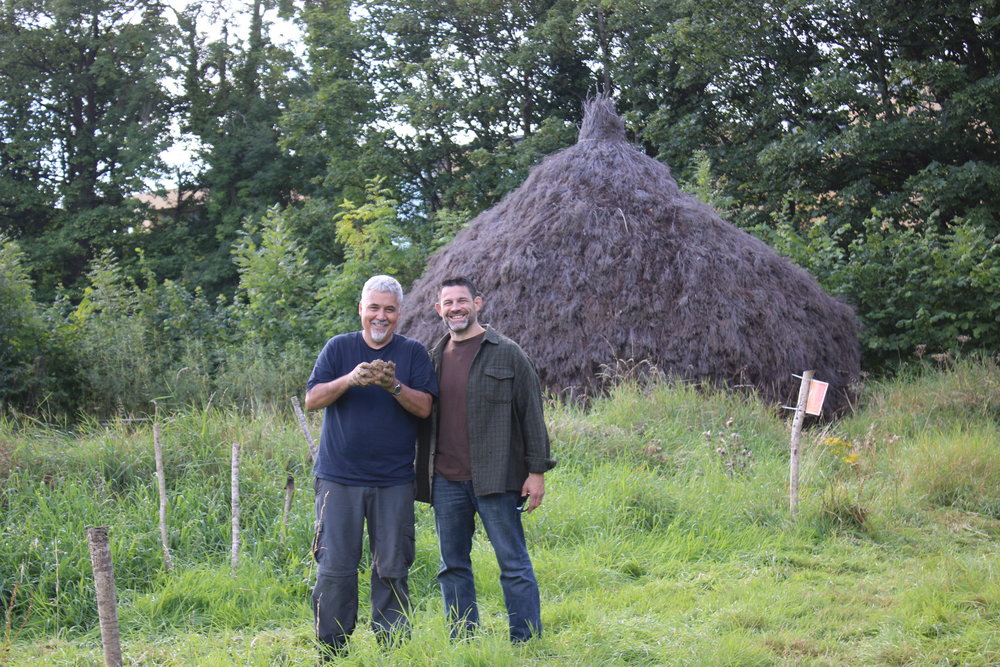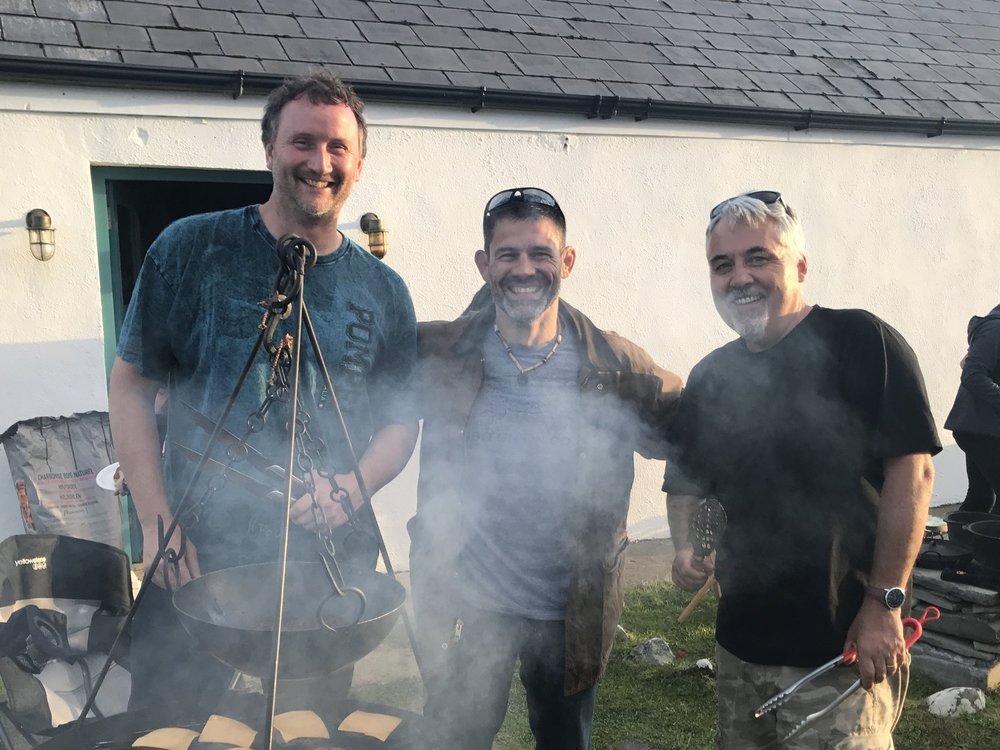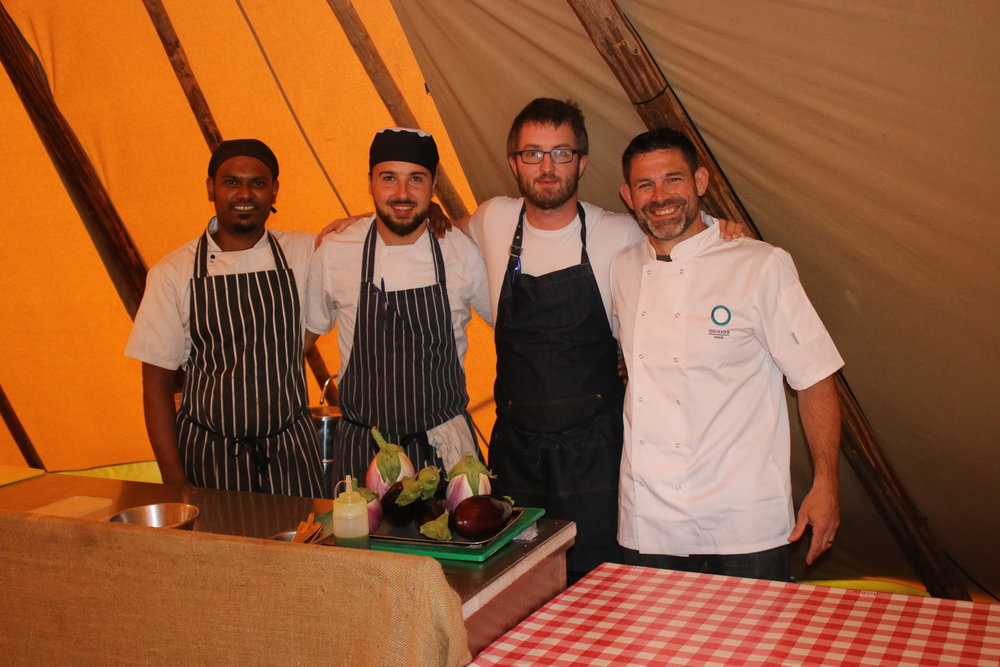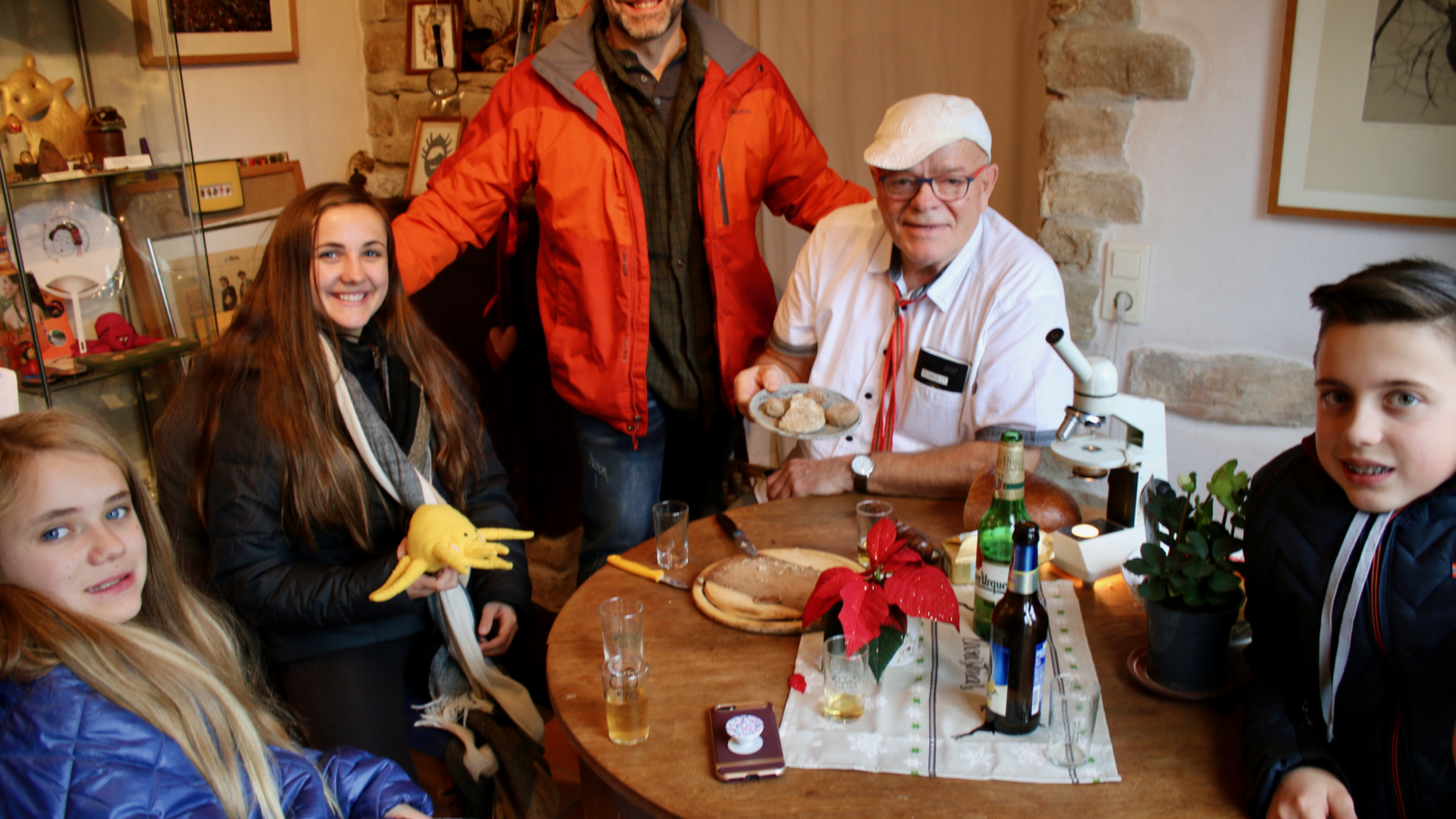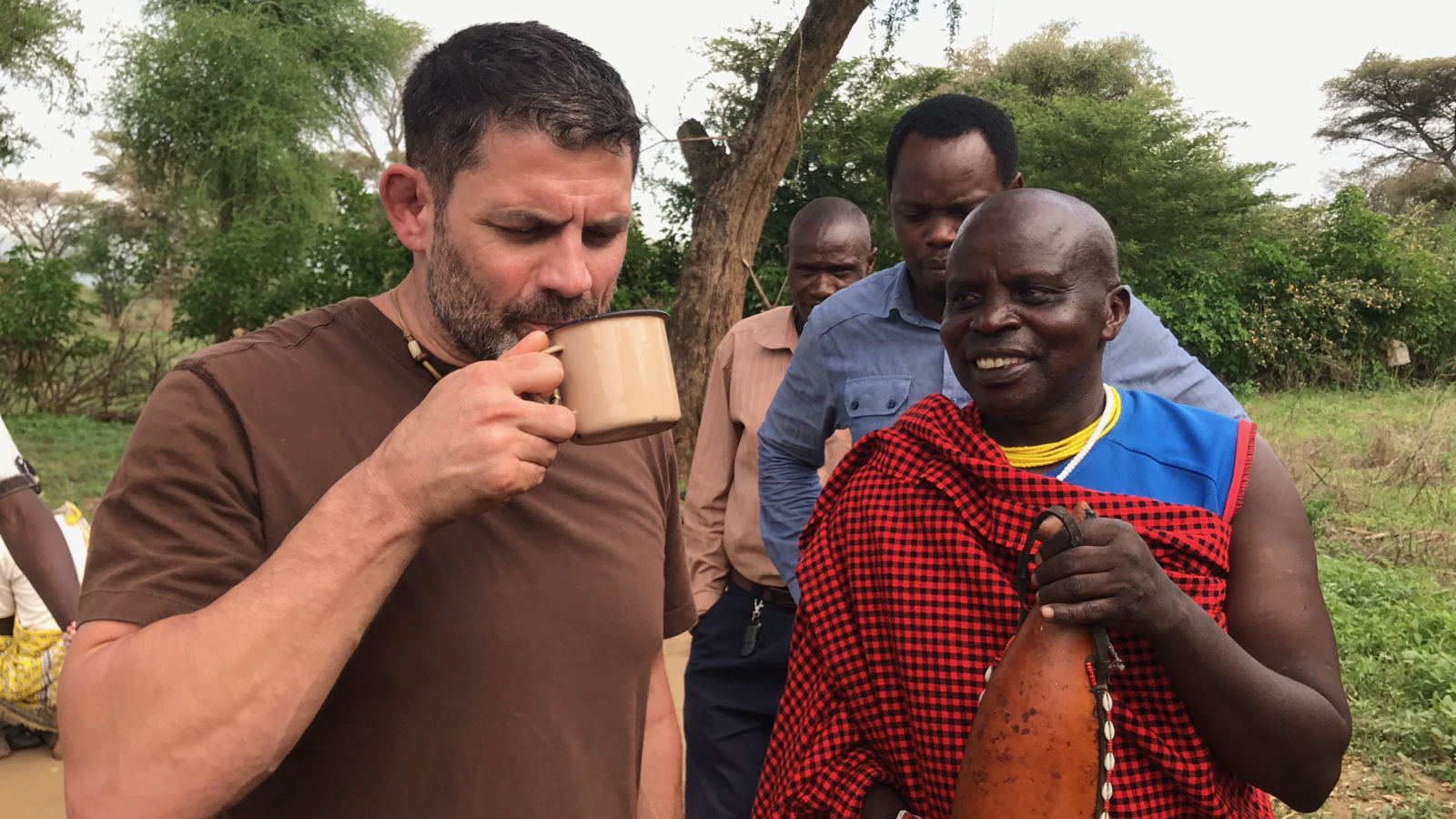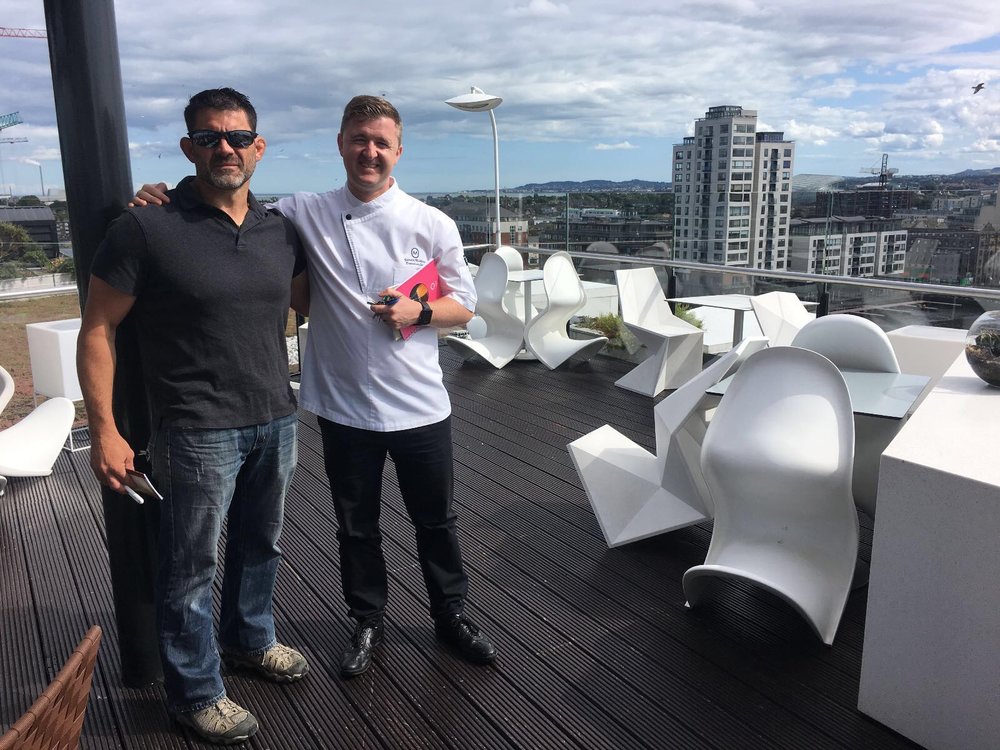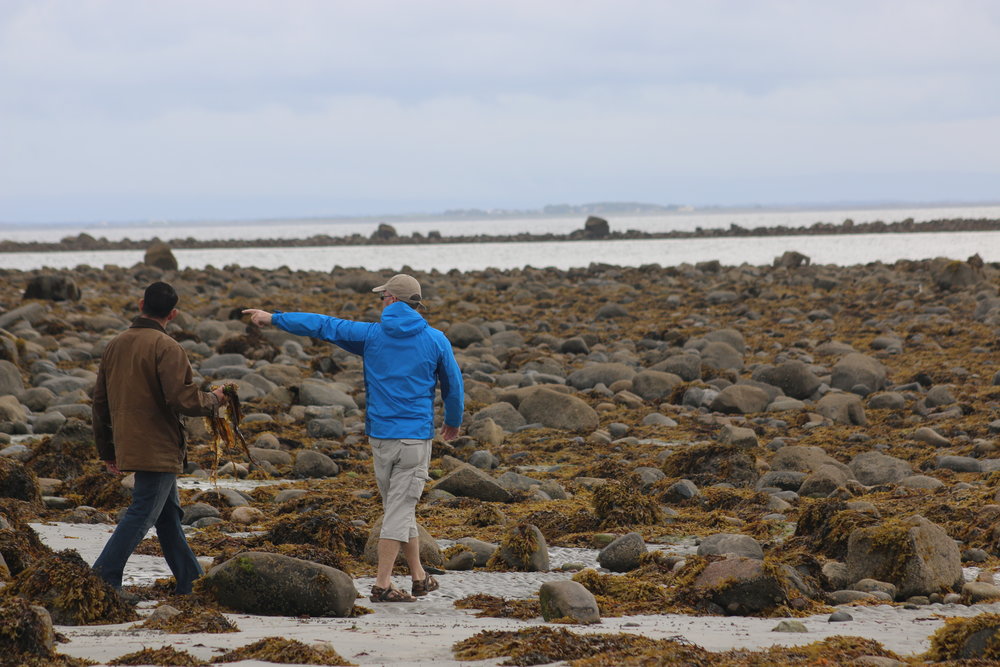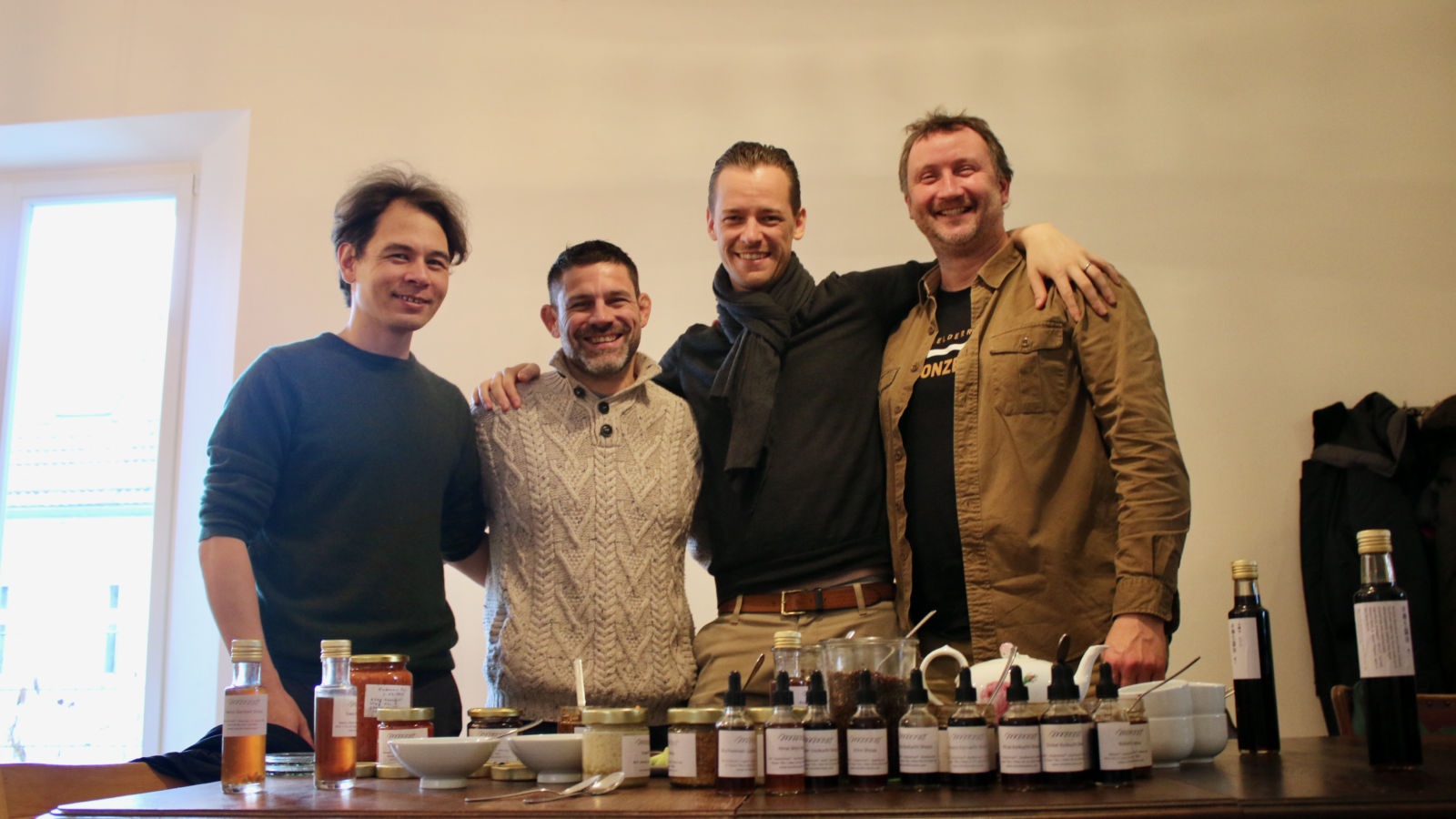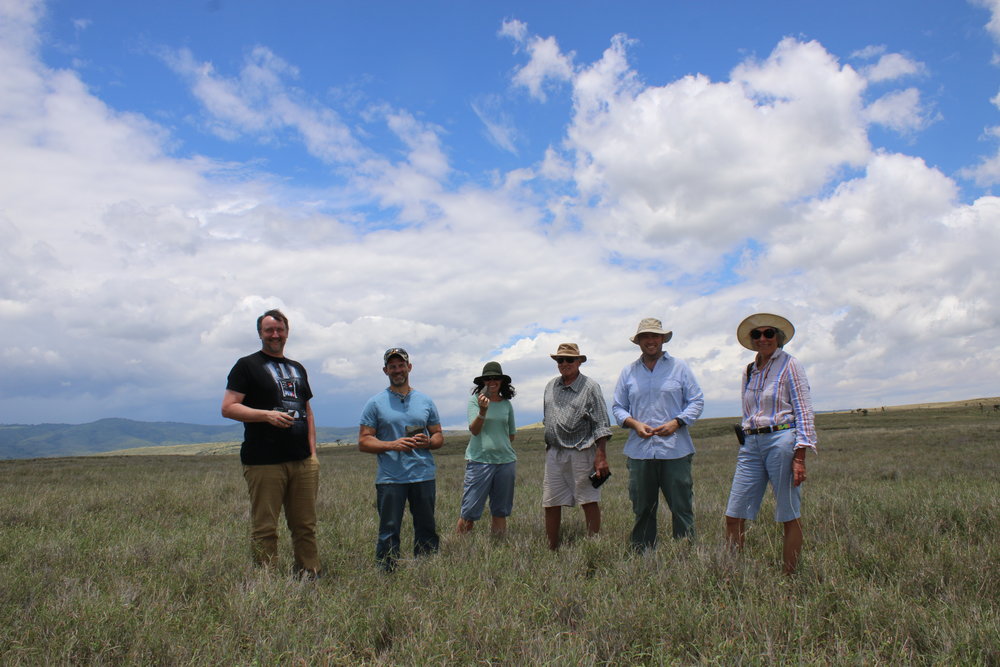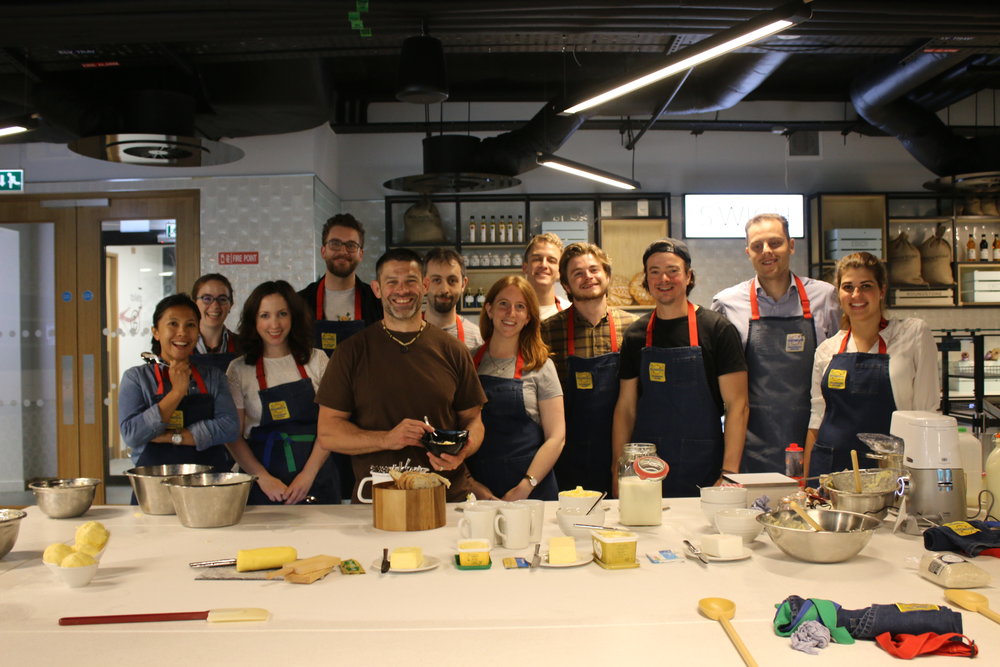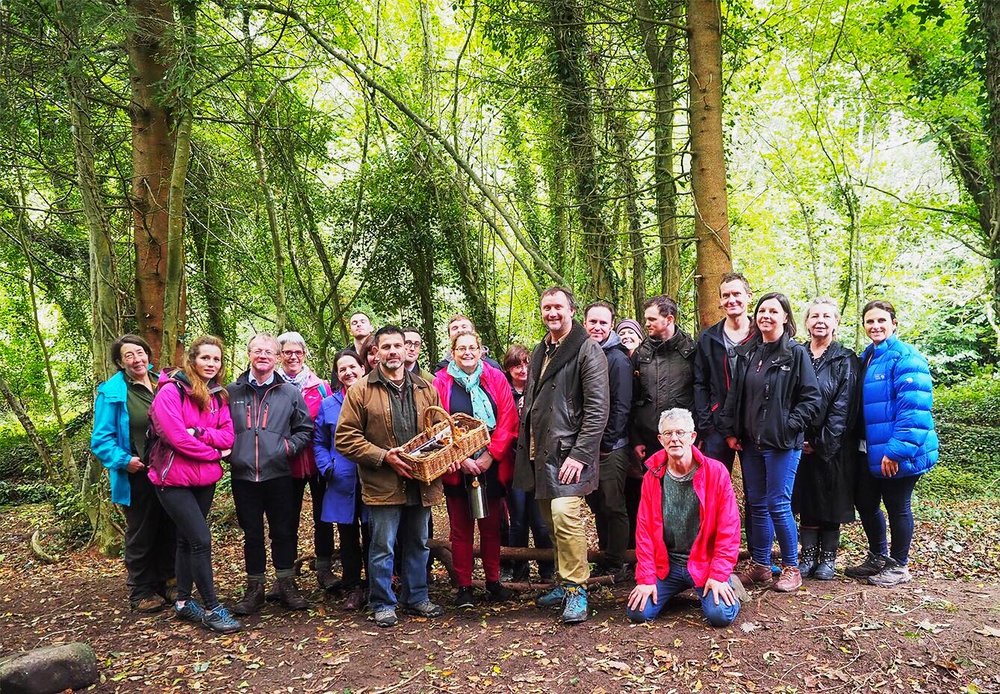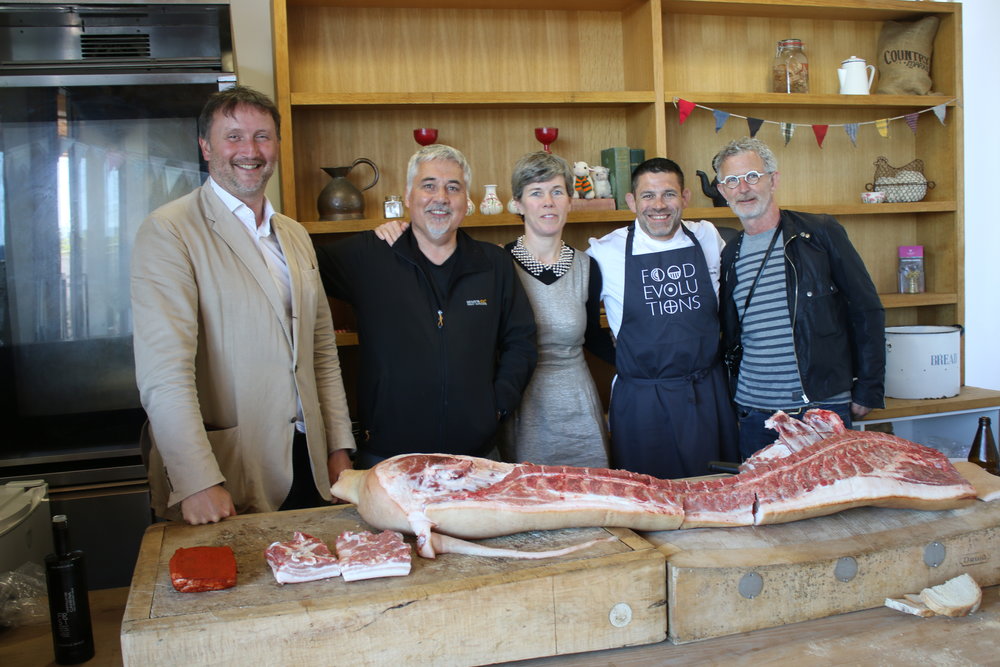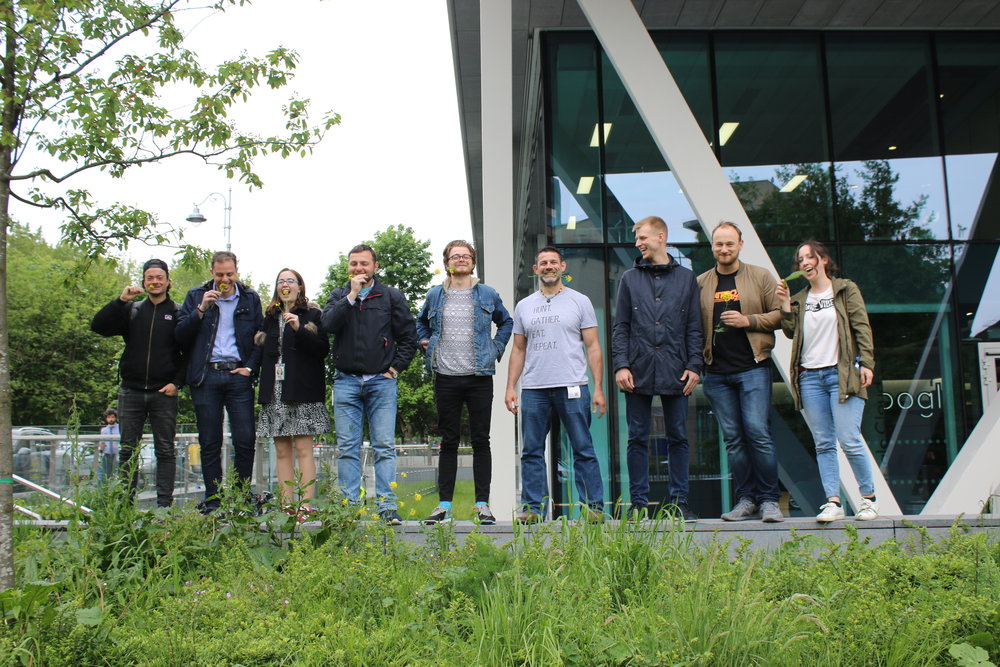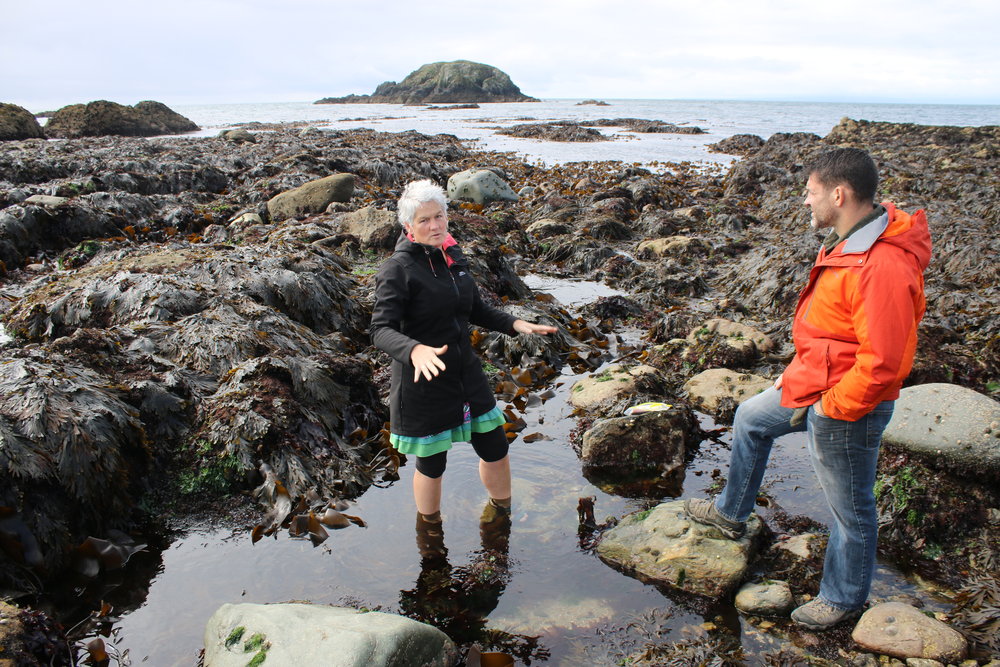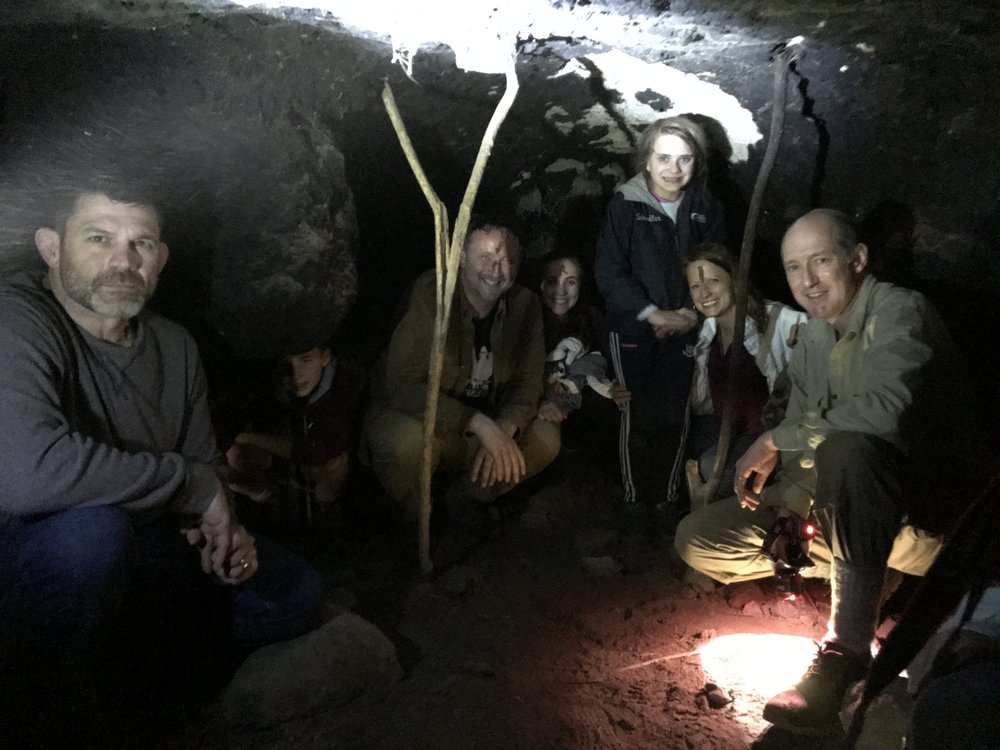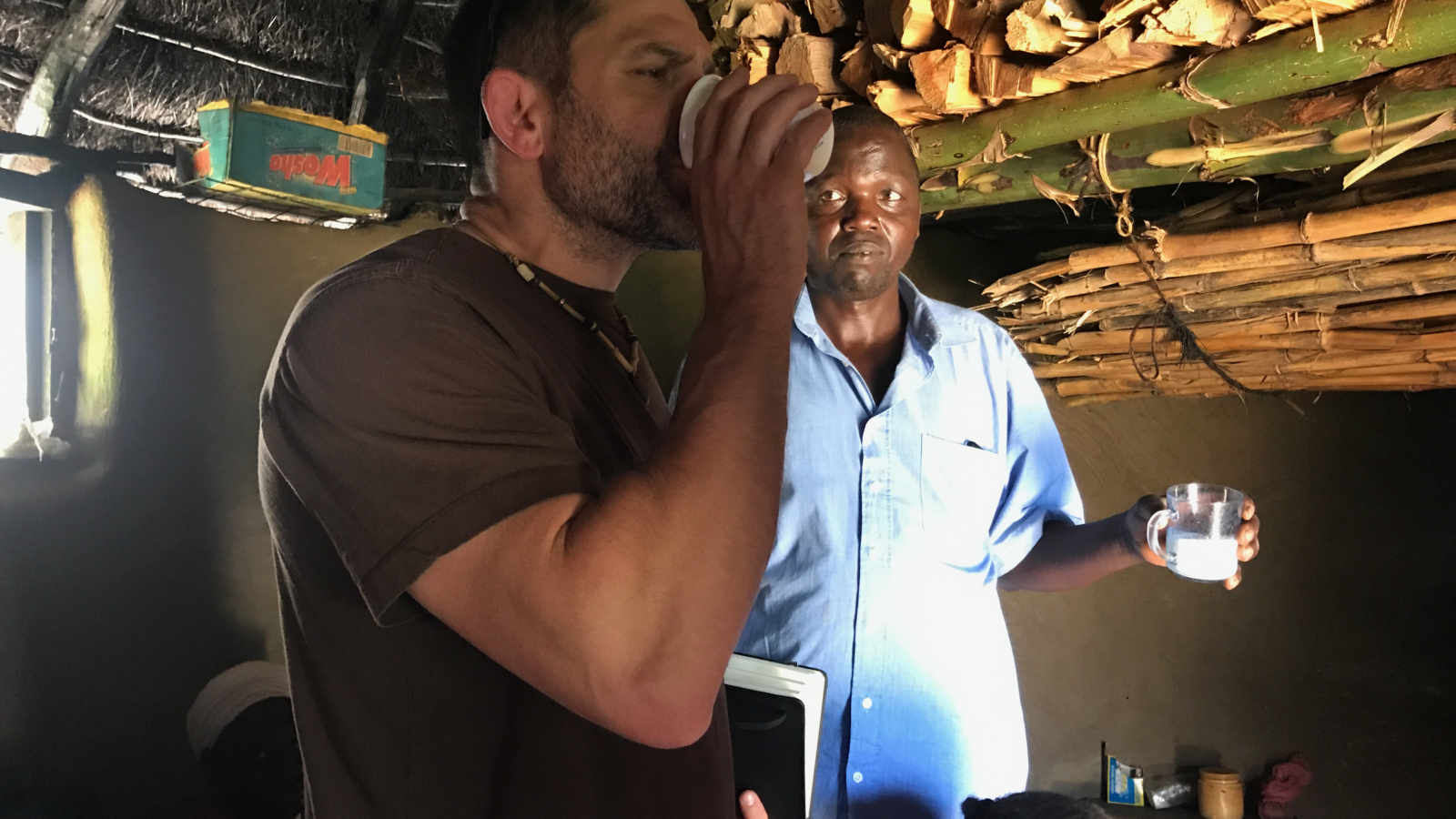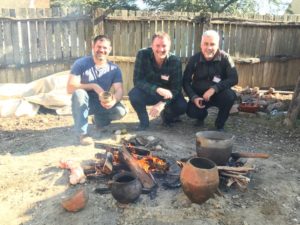
Changing Modern Foodways
Impacting Culinary Practices
A collaboration with the Eastern Shore Food Lab at WAC, UCD Center for Experimental Archaeology & Odaios Foods
A research collaboration has emerged bridging two academic institutions half-way across the globe – Washington College in Chestertown, Maryland and University College Dublin in Ireland – with Odaios Foods, a cutting edge food-service provider in Ireland to form an innovative “Food Evolutions” project. This project fuses anthropological knowledge, food and farming sciences, culinary arts, and experimental archaeological evidence to encourage leadership, innovation, and change in modern foodways and culinary practices, from the level of thought leaders in contemporary cuisine, and widening from there to educate and empower the public to take control of their food and eat like humans again.
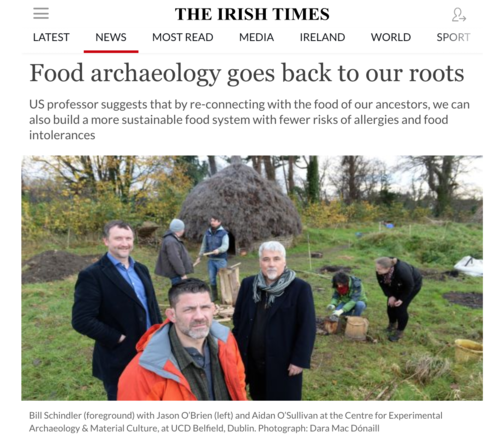
Our understanding of people, food and diet in the past is informed by archaeology, history, ethnography, environmental science, food science and experimental archaeology.
The Food Evolutions Project is a cooperative effort aimed at applying experimental archaeology to address one of the biggest health issues facing humans today…diet. This multidisciplinary research is aimed at understanding and documenting ancestral and modern food practices and fusing them to develop relevant, meaningful and accessible strategies to increase the density and bioavailability of nutrients in modern diets, and to use these in modern culinary techniques primarily focused on taste, texture and visual appeal.
Dr. Bill shares his #EatLikeaHuman Message on Irish TV
Big Week on the Farm: RTÉ One | Bill Schindler shows Nose2Tail Eating
Dr. Bill Schindler had a chance to talk about ancestral diets and the importance of nose-to-tail approach to eating. He shared some of his creations including head cheese, pâté wrapped caul fat and fresh pork rinds cooked in rendered lard.
Big Week on the Farm: RTÉ One | Bill Schindler talks about meat in our diet
A closer look at some of the developments in meat technology, as this year’s host farmer Gillian O’Sullivan travels to The Netherlands to check out the world’s first test tube burger. Then Dr. Bill Schindler has a chance to talk with host Áine Lawlor about his thoughts on test-tube meat within the context of ancestral diets and the importance of establishing a closer connection with our food – not taking a step away from it.
Your Are What You Eat on RTE1 | Discusses implications of eating meat on vegan episode
Having tried the Paleo Diet in Season 1 and a High Protein Gym Diet in Season 2, this season presenter Philip Boucher-Hayestakes on the challenge of trying the now very fashionable vegan diet for a month. Later he asks if humans are designed to eat meat or not by chatting with anthropologist and archaeologist Dr Bill Schindler who explains how humans first began to hunt for meat instead of scavenging. This is the clip of his conversation with Dr. Schindler.
Timeline
This timeline drove the progression of Dr. Bill’s “Eat Like a Human” research when he was living abroad in Ireland and traveling the world while on sabbatical with his family during the 17-18 academic year. Phase 1: Context & Background The first phase will involve the gathering of knowledge about prehistoric and traditional food production, …
Partners
Dr. Bill Schindler Dr. Bill Schindler is both the director of the Eastern Shore Food Lab and an Associate Professor of Anthropology and Archaeology at Washington College in Chestertown, Maryland. As both an experimental archaeologist and primitive technologist, his research and teaching, revolve around a comprehensive understanding of prehistoric technologies. Bill is a strong advocate of traditional …
Research
Research Agenda for the Food Evolution Project Our current understanding of the human dietary past, informed through the prehistoric and experimental archaeological records, is the basis from which this program of study will be launched to develop strategies by which to blend the prehistoric technologies designed to increase the density and bioavailability of nutrients, with …
Irish Times | Food Archaeology Goes Back to Its Roots
US professor suggests that by re-connecting with the food of our ancestors, we can also build a more sustainable food system with fewer risks of allergies and food intolerances
Just a few glimpses into Food Evolution’s research
Cheesemaking in Iceland Cricket research in Thailand Students at UCD trying fermented butter Insect research in the markets in Bangkok Learning about blood and milk in Kenya Sharing the power of sourdough at Google in Dublin Ash yogurt research in West Pukot Bone Broth with Conrad Knoxs in Berlin Teaching at Unversity College Dublin with Dr. O’Sullivan The 3 Food Evolution Partners Partnership with Airfield Estates Mitte cheese research in Germany Ash yogurt research in West Pukot Meeting top chefs in Dublin Seaweed foraging with Brian Gannon Soy sauce research in Berlin Exploring a Hand Axe Site in Kenya Fermented Dairy class at Google in Dublin A successful foraging class The Food Evolution Partners Foraging class with Googlers in Dublin Seaweed foraging with Maria Powers Exploring caves in West Pukot Traditional ash yogurt tasting in Kenya
